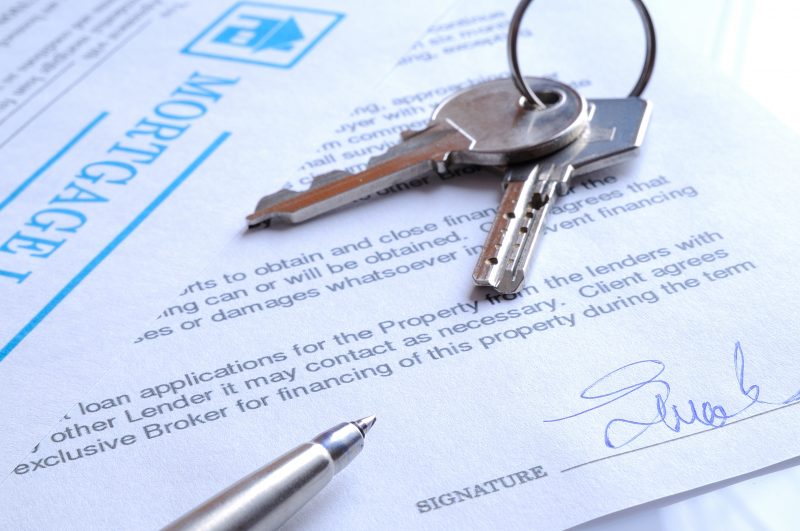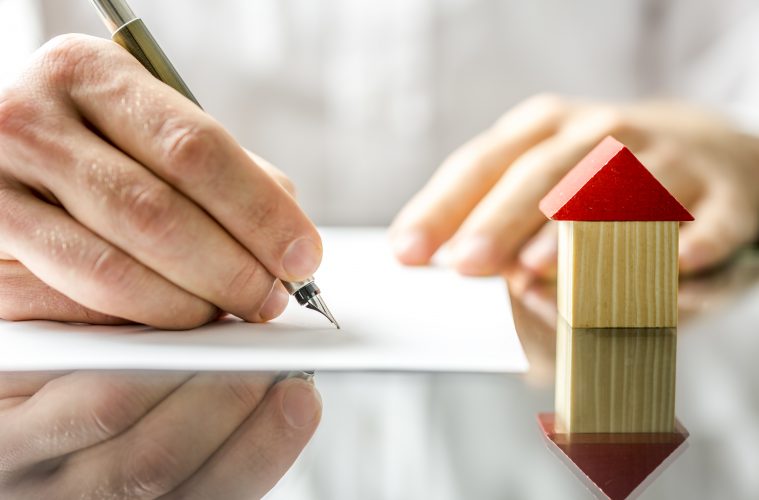The aspiration of most young people in the UK is to own their own home. Rising house prices may be good news for those of us lucky enough to own our homes but for millions of people desperate to make that crucial first purchase it can feel like their dream of home ownership is continually moving just beyond their grasp. Getting accepted for a mortgage is a necessity and it is no longer as easy as it once was. A mortgage is a loan used to buy a property, where the amount you borrow, plus interest, is secured against the value of the property. Your mortgage eligibility is assessed against a range of criteria, which includes things like your credit history, the amount that you want to borrow, the size of your deposit, as well as things like your income, your employment status and so on. Your mortgage provider will look in detail at your financial affairs and if you have skeletons in the closet, they will find them.

Use this fantastic mortgage calculator to ensure you can manage the monthly payments and get an idea of how much deposit you will need. Before you apply for a mortgage it’s a good idea to find out if you are likely to be approved by undergoing an eligibility check, which is a ‘soft’ search which will not affect your credit rating. Getting your financial affairs in order before you make a mortgage application is crucial, so here are a few pointers to set you on the right track.
Check your credit score before they do
Your potential mortgage provider will use one of the three credit reference agencies, Equifax, Experian and Callcredit to ascertain your credit rating. All three agencies allow for a free credit report. If you do find that there are errors in your credit report, you should contact the agency immediately. The agencies tend to look at the electoral roll to help to verify your identity, so if you are not registered on the electoral roll, it may be more difficult to obtain a mortgage.
The bigger your deposit, the better your chance of a good mortgage deal
The minimum deposit that you will need is 5% of the property’s value but there are limited 95% mortgages available and the larger your deposit, the better interest rate you are likely to secure on your loan. Saving for a deposit also demonstrates to your prospective lender that you are financially responsible. A ‘Help to Buy’ ISA or a ‘Lifetime’ ISA is government savings schemes designed to help you save for a deposit. The government will add 25% to the sum that you have saved when you come to buying your first home.

Get your debt under control
Having credit cards does not mean that you won’t be able to secure a mortgage, but your lender will want to see that you are able to manage debt responsibly. It is therefore important that all your bills, including credit card bills, are paid on time. Switching to a 0% credit card enables you to pay off current debt by transferring from cards on which you pay interest, to a card which has 0% interest for a set period.


You must be logged in to post a comment.